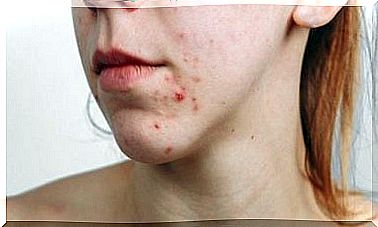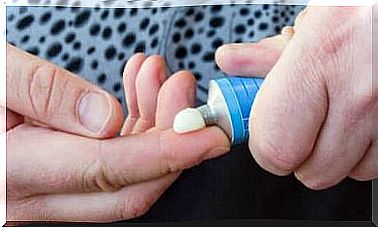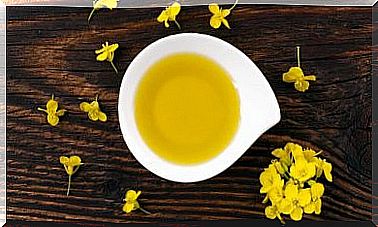Soap For Dermatitis With Propolis And Clay
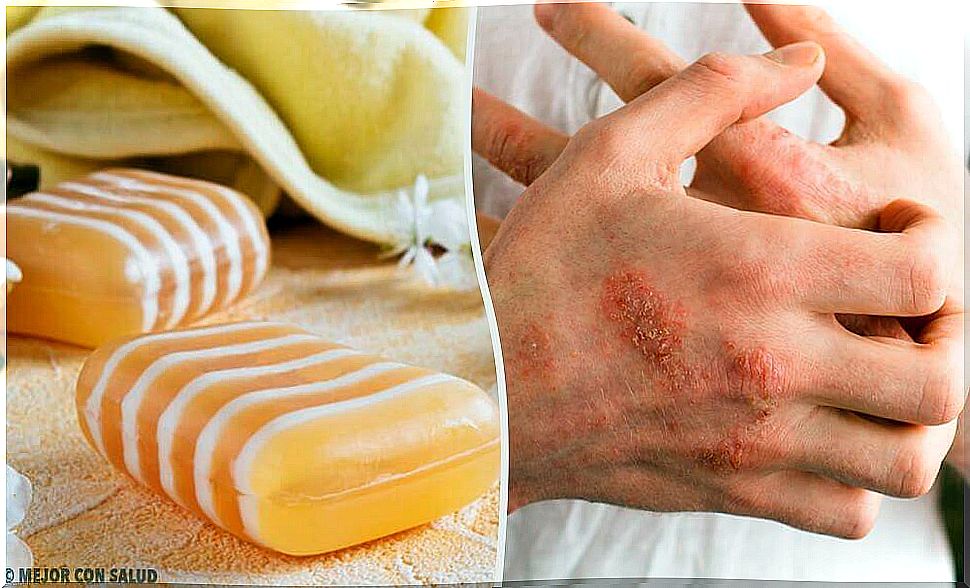
Dermatitis is a skin condition that is difficult to treat, as it can be linked to nutrition, nervousness and emotions, the surrounding environment, and so on. In this article we will share a simple recipe for making a soap for dermatitis based on glycerin, propolis and clay.
What is dermatitis?
Dermatitis is a skin inflammation and is characterized by symptoms such as itching and redness of the skin. There are different types of dermatitis and its causes can be very different.
For this reason, it is a disorder that in many cases is difficult to treat. We can suffer from acute dermatitis following a specific episode, such as an allergy, or suffer from it in a chronic form.
Healing ingredients
Glycerine
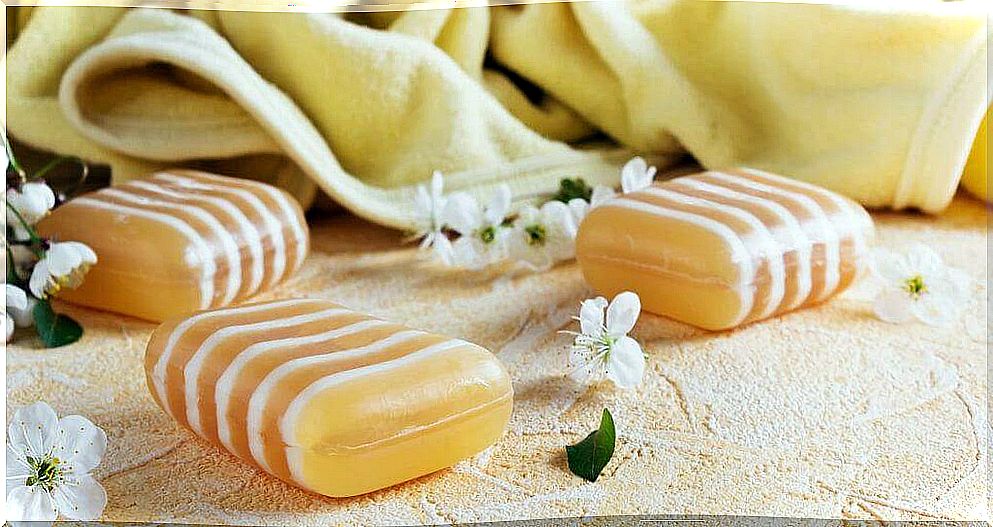
Glycerin is the basic ingredient of natural, sulfate-free soaps. It has antiseptic properties capable of preventing infections and keeping the skin healthy thanks to its moisturizing capabilities.
Making glycerin-based soaps is extremely simple. We can mix glycerin with other ingredients with healing properties that are ideal for the skin.
Propolis
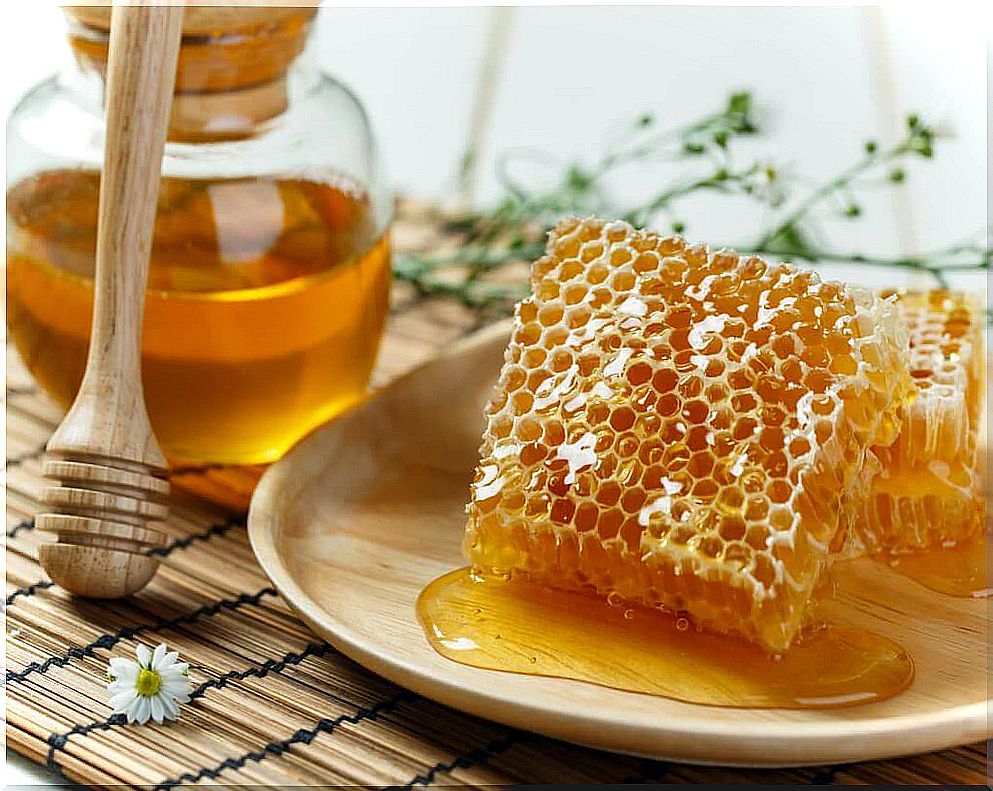
Propolis is a 100% natural ingredient, which stands out for its powerful healing properties, excellent for fighting all types of skin bacteria and fungi.
Propolis is a mixture of resins that bees extract from plants and trees to protect hives. Its nutritional values are complex, complete and very varied, since they depend on the type of plant they come from.
However, we can say with certainty that it contains high amounts of vitamins, mineral salts, antioxidants and essential oils, which allow a high protection of the hives.
For cases of dermatitis, propolis is very effective as an anti-inflammatory and analgesic remedy, and at the same time promotes skin circulation. It is a natural antibiotic with no side effects, which we can ingest or apply directly to the skin.
Clay
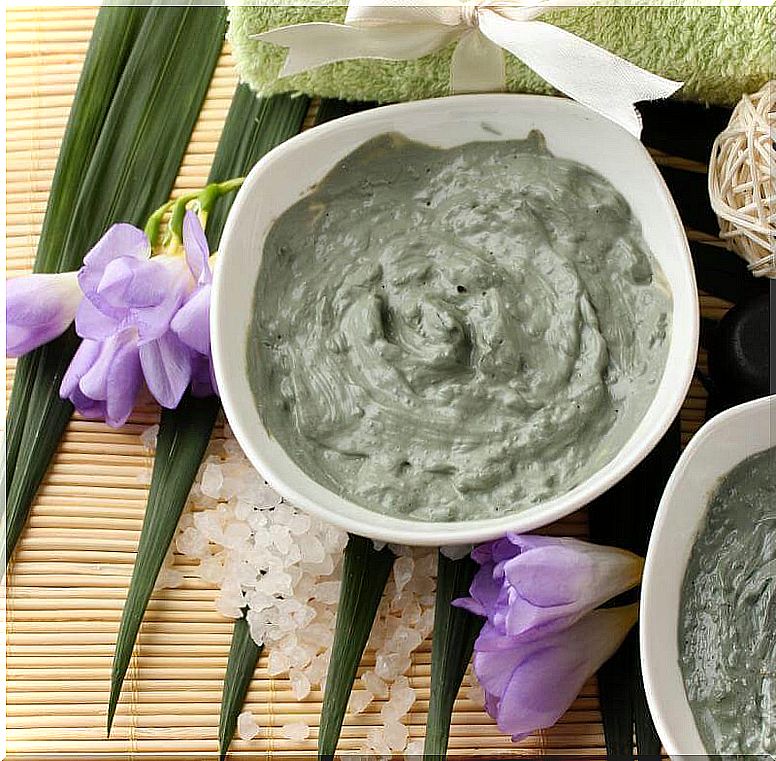
Clay is a very common ingredient in natural cosmetic products, as it is distinguished by three healing properties:
- It provides a high quantity of mineral salts and trace elements that penetrate the bloodstream through the pores.
- Helps reduce inflammation.
- Eliminate toxins.
These three virtues make it an excellent product for beauty treatments and for some skin ailments.
Homemade dermatitis soap
Ingredients
To prepare this soap, we will need the following ingredients:
- 1 piece of glycerin soap (100 g)
- 1 tablespoon of liquid propolis extract (8 ml)
- 3 tablespoons of fine powdered clay (45 g)
If we wish, we can also add a few drops of some essential oil of our choice to give the soap a particular scent, such as lavender, rosemary, lemon or orange oil.
Preparation
To prepare soap for dermatitis, it will be enough to follow the following steps:
- We will heat the soap until it melts in a saucepan or in the microwave.
- It is not necessary to bring it to a boil. We will only heat it until the glycerin is liquid.
- We will then pour the preparation into a glass bowl, add the liquid propolis and clay and mix. We will have to use a wooden ladle or a glass utensil, but not plastic or metal. This is a fundamental aspect to ensure that the clay retains its healing properties.
- Once everything is mixed, we will pour the mixture into a mold or a container that gives shape to the soap. We can use a soap dish or the base of a plastic bottle.
- We will let it all cool and solidify, and then the soap will be ready.
How to use?
- We will wash the skin affected by dermatitis twice a day with our homemade soap; if possible, in the morning after getting up and then in the evening, before going to sleep.
- Then we will hydrate the skin well with some natural lotion, such as aloe vera, coconut oil or olive or calendula oil.
- We will avoid using products on the skin that are not natural and that may contain sulfates, parabens or other harmful chemical ingredients.

